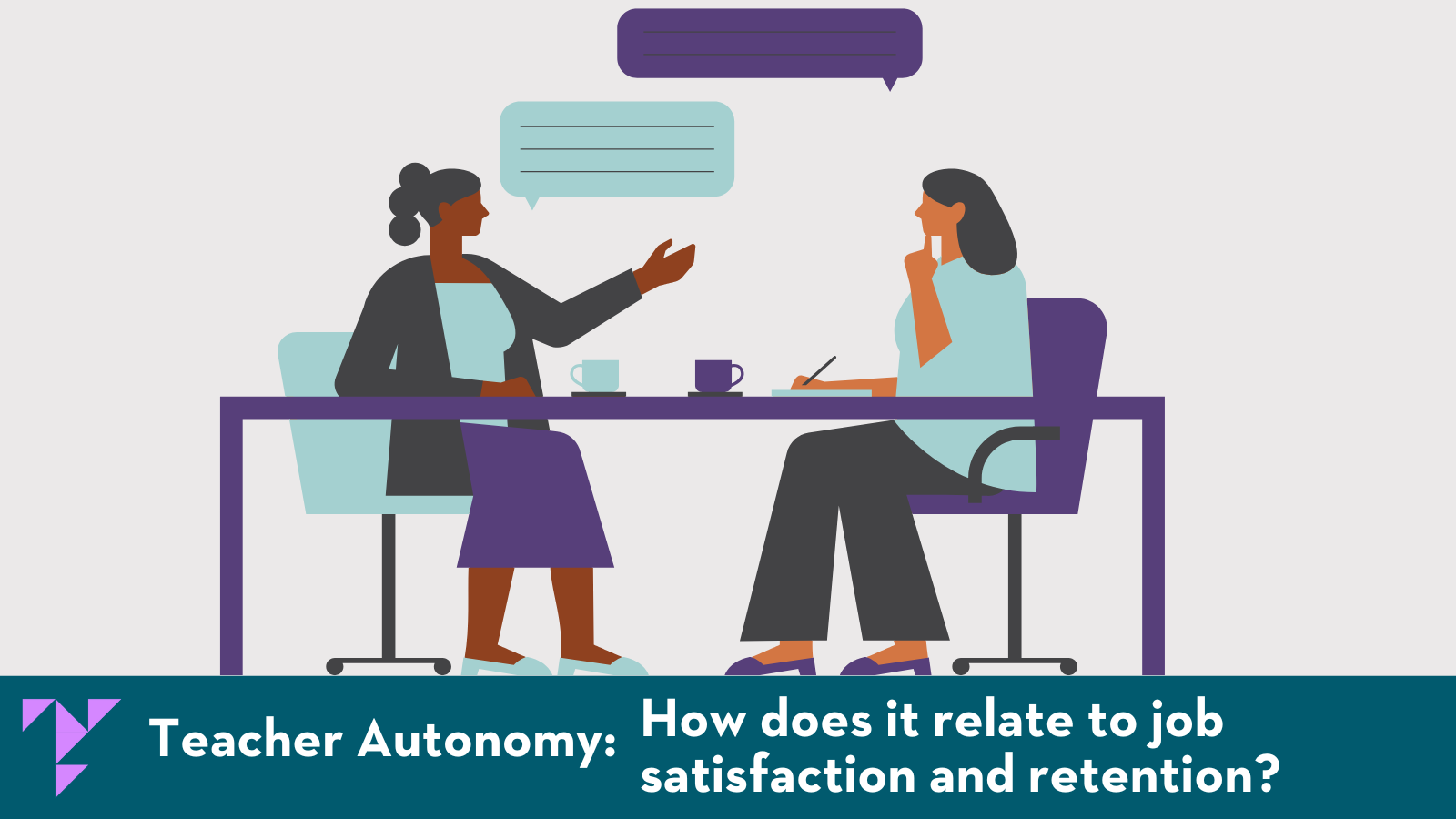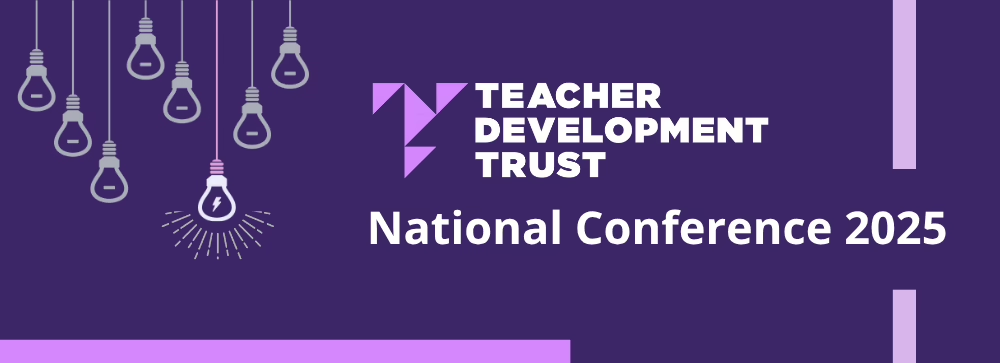“The prevailing trend in professional development has been around fidelity to consistent frameworks and approaches. This has undoubtedly helped embed the importance of evidence in professional development programmes, but it risks being unresponsive to what teachers and school leaders actually need as research takes time to catch-up with lived experience. Teachers and school leaders need to feel they have a choice when it comes to their professional development, to ensure it feels relevant and motivating.” Andrea Bean, Research and Evaluation Manager, Teacher Development Trust.
Retention of teachers is important, never more so when recruitment and retention figures are falling and schools increasingly struggle to recruit the staff they need. A good retention policy makes economic sense as well as being a strong foundation for retaining staff who can improve student outcomes. The National Foundation for Education Research (NFER) undertook a study to consider the link between teacher autonomy and job satisfaction – a strong indicator of whether a teacher would be likely to stay in the profession.
What did the study tell us?
The NFER study showed that teachers have less autonomy over crucial decisions than those in other comparable professions and that teachers in England have less autonomy compared to teachers in other countries. The study also found that agency over professional development is the area of autonomy most closely associated with higher job satisfaction.
This raises interesting questions, not least around the best way to give teachers a sense of agency without ignoring the wider development needs of the school or the profession.
Based on that finding, the NFER worked in collaboration with the TDT to develop guidance for schools on how to set professional development goals for teachers, whilst responding to the needs of a school improvement plan.
What do school leaders need to know?
The starting point is effective dialogue and engagement across a school, ensuring that all teachers understand the areas that the school needs to see improvement in (for example across a phase or subject area), and that school leaders are able to respond to the personal development needs of individual teachers.
Middle leaders can be influential in helping develop a coherent plan across a school, striking a balance between the needs of the school and the needs of the individual. Whilst it is important that teachers commit to the necessary development to make school-wide plans effective, if a lack of agency for each teacher means that some leave it is likely to have a detrimental effect, at least in the short term.
The performance management process is also, therefore, crucial. It should be a space for open conversations, being clear what the school or a specific department might need in terms of training and development, and providing space for the individual teacher to plan for their own needs and ambitions. Together this helps with clear goal setting that helps to secure buy in and increases motivation.
Turning research into practice
We use the findings of this report in the development of our own programmes, including our flagship CPD Leadership qualification and our Building Expert Schools Programme. A good place to start is our Online Learning Modules, including on Learning How to Foster Trust for Professional Development. Find out more via our CPD Leadership Hub.
Read the full report:



